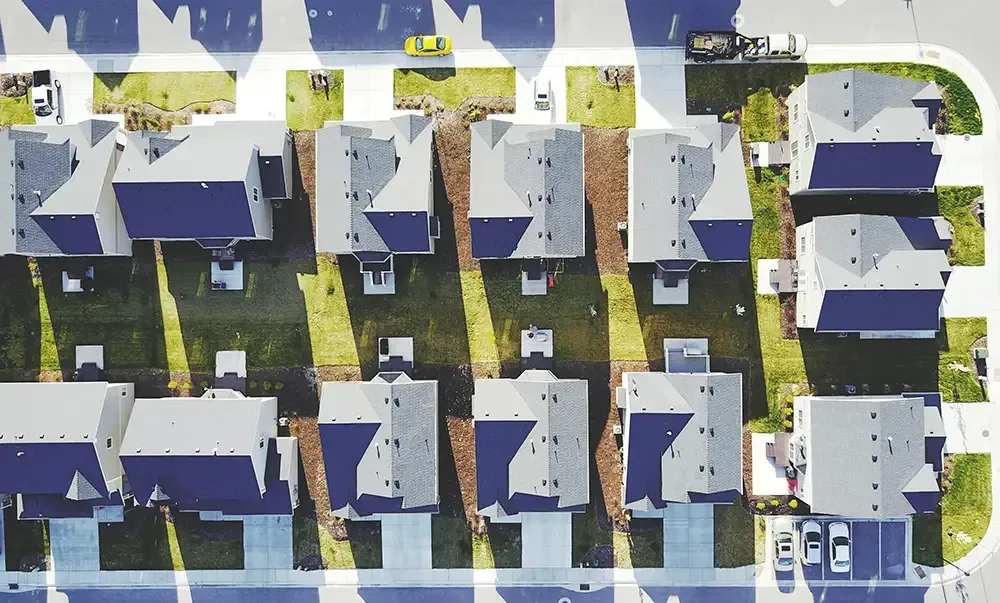Mediation for HOA & Condo Association Disputes in New Jersey

In New Jersey, homeowners' association (HOA) disputes are governed by both state law and provisions in the association's governing documents. Mediation is often encouraged as a way to resolve conflicts without resorting to litigation.
Mediation for HOA Disputes in New Jersey
Mediation is often encouraged as a way to resolve conflicts without resorting to litigation. Both the New Jersey Condominium Act and the New Jersey Planned Real Estate Development Full Disclosure Act require alternative dispute resolution of all “housing-related disputes” involving homeowners' associations or members of homeowners' associations.
In New Jersey, disputes within homeowners’ associations (HOAs) can be effectively resolved through mediation, a process that offers an alternative to litigation and fosters collaborative solutions. Mediation is a confidential process where a neutral third party, known as a mediator, facilitates communication between the parties involved in the dispute. In the context of an HOA, these disputes typically involve issues like violations of community rules, maintenance responsibilities, or disagreements over fees. It should also be noted that judges in New Jersey will not generally even permit a complaint that is filed by and between a homeowners' association and/or members of a homeowners' association to be heard by the court unless and until all parties have first tried to resolve their differences in the context of the statutorily-required alternative dispute resolution(ADR). Judges will accordingly dismiss complaints, without prejudice, until such time as ADR has first been attempted by and between the parties to the dispute.
Mediation in New Jersey can be initiated by either the HOA or the homeowner, and both parties must agree to participate. The mediator's role is not to impose a decision but to help the parties identify their interests and find mutually agreeable solutions. Mediation is less formal and more cost-effective than going to court, making it an attractive option for resolving conflicts. Additionally, since it preserves the relationship between the HOA and homeowners, it’s particularly beneficial in communities where ongoing cooperation is essential.
The New Jersey Superior Court has established guidelines for mediation in civil disputes, and while HOA disputes may not always require formal court involvement, the option to seek mediation through the court system exists. Some HOAs have internal dispute resolution procedures, often involving mediation, as part of their governing documents.
If the parties reach a resolution, the mediator can help draft an agreement, which can then be enforced by the courts if necessary. However, if mediation does not resolve the issue, the parties still have the option to pursue litigation. Mediation in New Jersey offers a more flexible, cost-efficient, and cooperative way to address HOA disputes while maintaining positive relationships within the community. The mediator does not take sides or make decisions for the parties but facilitates communication and helps the parties work toward mutually agreeable solutions.
Conclusion
Mediation is one of the most effective tools in resolving homeowner association and condo association disputes in New Jersey. If you believe that Mediation or
Alternative Dispute Resolution would benefit you, contact
New Jersey Mediation Lawyer Howard Mendelson.
